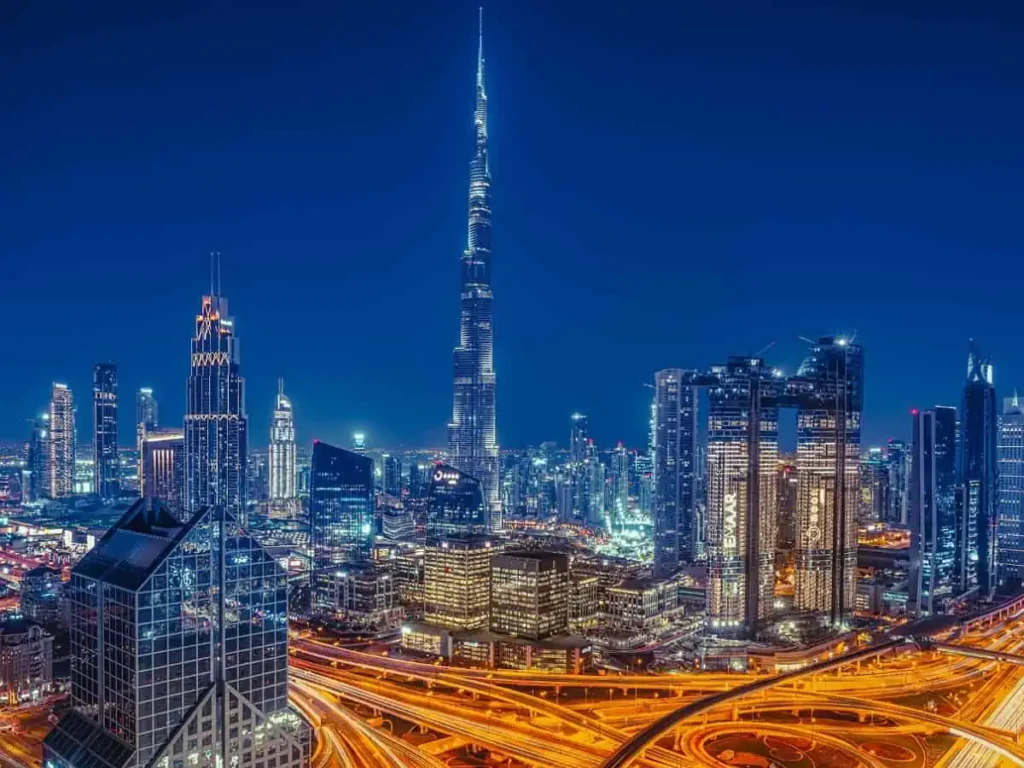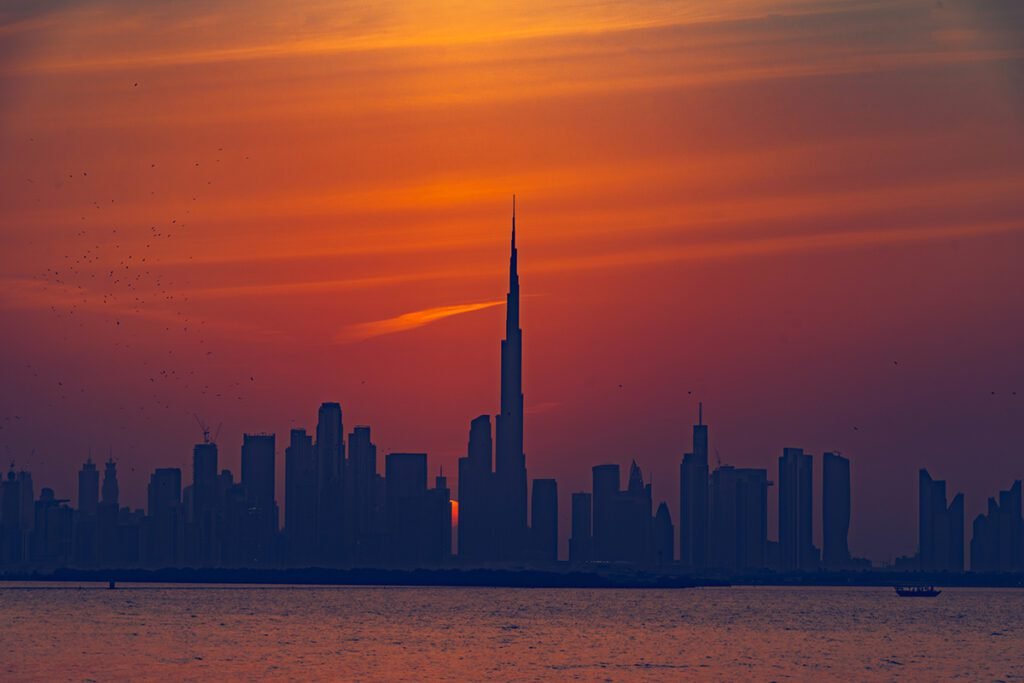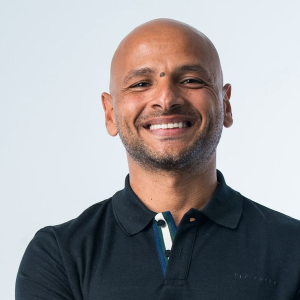Dubai, known for its luxury lifestyle, ultramodern architecture, and dynamic business environment, has officially become the seventh most expensive city in the world. According to a recent cost-of-living survey by Mercer, Dubai jumped an impressive five places from last year, reflecting its rapid economic growth and soaring cost of living. Dubai most expensive city ranking rises to 7th globally, reflecting a fast-growing economy and rising living costs in 2025.
The city’s transformation from a quiet fishing village to a global financial and tourism powerhouse is nothing short of remarkable. Today, Dubai stands as a symbol of ambition and futuristic development. However, this success story comes at a price, literally.
In this article, we explore why Dubai has climbed the ranks, what this means for residents and expats, and what factors are driving this sharp increase in living expenses.

A luxury hub evolving rapidly
Dubai has always been associated with luxury. From the world’s tallest building, the Burj Khalifa, to man-made islands shaped like palm trees, Dubai continues to break records and attract the wealthy from across the globe.
But beyond the glitz and glamour lies a city with a high cost of living that is increasingly becoming unaffordable for many. The city’s strong economic recovery post-pandemic, along with rising demand for luxury housing, premium goods, and exclusive services, has pushed it into the top ten most expensive cities globally.

What pushed Dubai into the top 10?
Several factors have contributed to Dubai’s rise as the Dubai most expensive city.
Real estate boom
Dubai’s real estate market has been on a massive upswing. High demand for premium residential properties, coupled with limited supply in prime locations, has resulted in skyrocketing rents and property prices. In 2025 alone, luxury apartment rents rose by more than 20 percent, according to data from Knight Frank.
Strong economic growth
The UAE’s non-oil economy has shown impressive growth, supported by sectors such as tourism, technology, and finance. Dubai has positioned itself as a global business hub, attracting foreign investments and high-net-worth individuals, which further increases demand for exclusive services and housing.

Currency strength
The UAE dirham is pegged to the US dollar, which has remained strong against many global currencies. This makes living costs higher for expats earning in weaker currencies.
High cost of services
Everything from schooling and healthcare to daily groceries and dining out has become more expensive. Private schools in Dubai are among the priciest in the world, and healthcare, while excellent, often comes at a premium.
Impact on residents and expats
Dubai’s rise as the Dubai most expensive city has mixed effects on its diverse population.
On one hand, high living costs can be a sign of economic vitality and strong demand. On the other hand, they put pressure on middle-class residents and even some higher-earning expats.
Rising rents and living expenses
Many residents are feeling the pinch of higher rents, which make up a significant portion of household expenses. Even previously affordable neighborhoods are seeing rent hikes, pushing families to either relocate or downsize.
Education and healthcare strain
For families, school fees are often a major expense. Top-tier international schools can cost upwards of AED 100,000 per year per child. Healthcare insurance premiums are also rising, reflecting the overall increase in service costs.
Changing lifestyle choices
Some expats are now reconsidering the length of their stay in Dubai. Others are adjusting their lifestyles, cutting back on luxury dining, entertainment, and frequent travel to manage their budgets better.
Why people still choose Dubai
Despite these rising costs, Dubai continues to attract people from all over the world. The city offers unmatched safety, world-class infrastructure, tax-free salaries, and a cosmopolitan lifestyle that is hard to find elsewhere.
For entrepreneurs and business owners, Dubai offers excellent connectivity, a pro-business regulatory environment, and access to a wealthy client base.
Moreover, Dubai’s strategic location between Europe, Asia, and Africa makes it an ideal hub for global business and travel.
The future outlook
Economists suggest that the cost of living in Dubai may continue to rise in the coming years, driven by sustained demand and ambitious growth projects planned for Expo City and other new developments.
However, the government is actively working to introduce measures that make the city more livable and attractive. Initiatives like the Golden Visa program and efforts to diversify the economy beyond oil and tourism are helping to balance these rising costs.
How does Dubai compare to other cities?
In Mercer’s 2025 report, Dubai now ranks above major cities like Zurich, Paris, and Sydney. Only a few cities such as Hong Kong, New York, and Singapore remain more expensive.
This places Dubai in a unique position: it is now among the top-tier global cities where high living expenses are matched by world-class amenities and opportunities. While cities like London and Tokyo continue to face challenges around affordability, Dubai seems to be capitalizing on its growth trajectory to attract ultra-wealthy residents.

Strategies for coping with rising costs
For current and future residents, adapting to Dubai’s rising costs is crucial. Here are a few strategies:
- Budget smartly: Tracking spending and focusing on needs versus wants can help manage the higher expenses.
- Explore alternative neighborhoods: Some up-and-coming areas offer better value while still providing good amenities.
- Negotiate housing contracts: With rents increasing rapidly, negotiating lease terms or considering longer contracts might help lock in better rates.
- Choose schooling wisely: While top-tier schools are expensive, mid-range international schools also provide quality education at more reasonable costs.
Global perspective: A broader trend?
Dubai’s rise in the cost-of-living index is part of a broader global trend where major cities are becoming more expensive. Factors like inflation, geopolitical tensions, and supply chain disruptions continue to affect cities worldwide.
However, Dubai stands out due to its unique mix of rapid economic growth, ambitious urban development, and luxury-driven lifestyle. As other cities struggle to balance livability with affordability, Dubai has boldly embraced its image as a global luxury capital.
Final thoughts
The fact that Dubai has jumped five spots to become the Dubai most expensive city, now ranked seventh globally, is both a testament to its success and a warning bell for those concerned about affordability.
While this new ranking underscores Dubai’s economic strength and global appeal, it also signals that residents and newcomers must prepare for a higher cost of living.
At the same time, Dubai’s proactive governance, safety, and lifestyle continue to make it an attractive choice for many, especially those who value luxury and opportunity over cost.
As the city keeps expanding and evolving, it will be interesting to see whether Dubai can strike a balance between exclusivity and accessibility or whether it will continue its march toward becoming a city reserved for the ultra-wealthy.
For now, one thing is clear: Dubai is solidifying its place among the world’s top global cities, and the title of Dubai most expensive city might just be another badge of honor it proudly wears.
Do follow UAE Stories on Instagram
Read More: Desert Rock & Shebara: Red Sea’s New Luxury Crown Jewels












